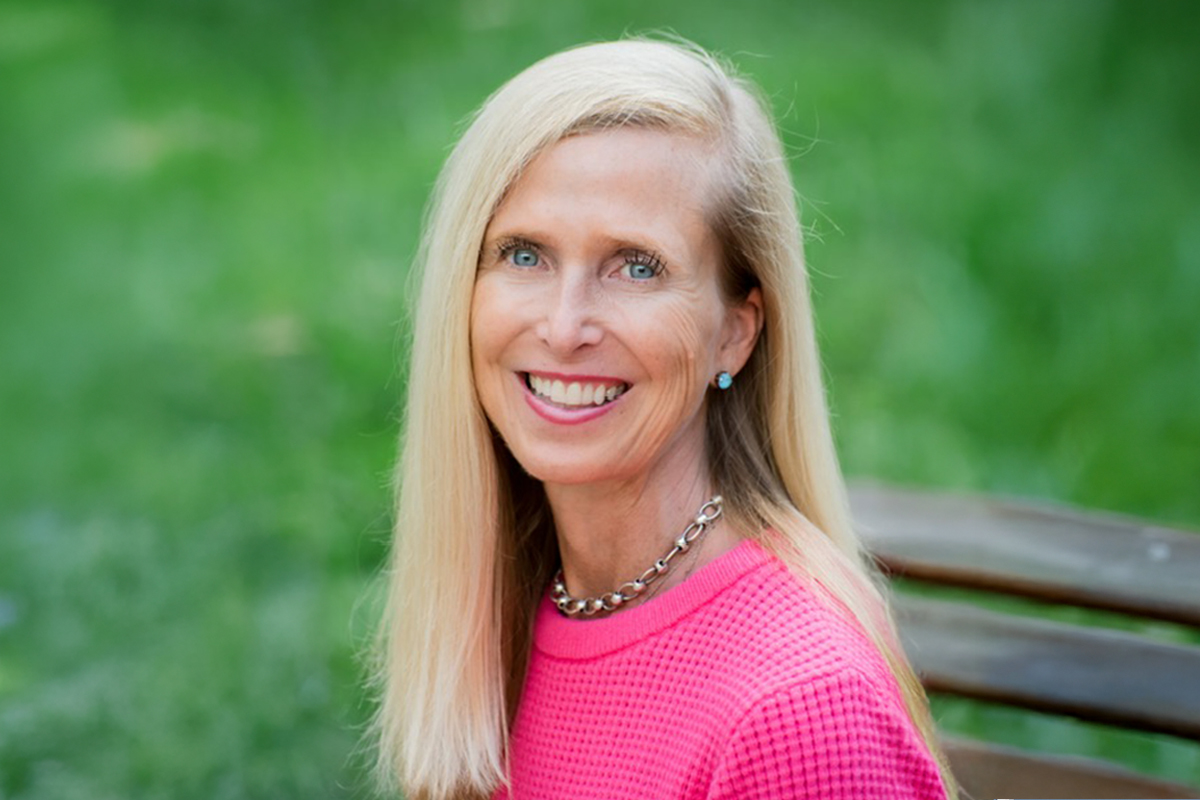Corewell Health’s Melissa Sundermann on nutrition, fasting and finding lasting longevity in the great outdoors.
The Global Longevity Summit 2025 in Geneva is fast approaching – three days of science, strategy and spirited debate beneath the banner Mastering the Ageing Clock: Transform Your Practice and Patient Care. Gathering some of the most respected voices in geroscience, preventive health and longevity innovation, it promises to connect the lab bench to the bedside – and, in some cases, to the hiking trail.
Among the experts taking to the stage is Dr Melissa Sundermann, double board-certified in Internal and Lifestyle Medicine and known to many as Doctor Outdoors. She’s the founding chair of the Nature as Medicine Committee at the American College of Lifestyle Medicine, where she champions evidence-based engagement with the natural world. Her message is both simple and subversive: sustainable health begins with sustainable habits – nutrition, movement, sleep and a daily dose of fresh air – because, as she reminds her patients, “age is not your cage”.
Longevity.Technology: It’s refreshing, in a field sometimes dazzled by peptides, exosomes and algorithmic biomarkers, to hear a physician place such confident emphasis on the basics – not as nostalgic simplicity, but as biological bedrock. Sundermann’s prescription of food, fasting and forests may sound almost quaint beside plasma exchange and gene reprogramming, yet the data – and her patients – suggest otherwise. Her practice, grounded in lifestyle medicine and animated by her osteopathic training – that whole-person connection between body, mind and environment – bridges the clinical and the elemental. In her view, our future selves may be shaped not only by what’s in our bloodstream, but by the view from our window – preferably one that contains a tree.
Melissa Sundermann on… Nutrition, fasting and the clinical reality of longevity
I’m thrilled to be heading to Geneva, where I’ll be speaking on nutrition, fasting and metabolism for longevity. I’m taking the angle of a clinician – as medical director of lifestyle medicine for the largest healthcare system in Michigan, with over 66,000 employees and 23 hospitals. I’ll be talking about what this looks like on the ground: how we implement healthy nutrition, fasting protocols and optimize wellbeing for our patients and population.
Nature as medicine
As I became board certified in lifestyle medicine after 25 years in internal medicine, I started looking at the pillars – food, sleep, stress management, movement, positive social connection – and I asked myself what truly makes me feel well. I’m 55 years young, I take no chronic medications, and one of the key components is that I spend a lot of time outdoors.
I began exploring the research and soon became the founding chair of the Nature as Medicine Committee at the American College of Lifestyle Medicine. We’re now bringing in clinicians and researchers from around the world who are prescribing nature just as we’d prescribe any medication. When people reconnect with the outdoors, they reconnect with themselves – and with the planet, too.
The evidence is everywhere – even through the window
Within lifestyle medicine, we talk about connection – not just with people, but with our environment. Research shows that green space, tree-lined streets and even birdsong can lower heart rate, cortisol and blood pressure, while improving mood and cognition.
Ideally, yes, we’d all get out into forests or national parks every day, but that’s not realistic. The good news is that even viewing nature helps. One small study looked at patients recovering from gallbladder surgery: those with a window view of trees or flowers needed less pain medication and left hospital sooner than those facing a brick wall. Nature works – whether you’re standing in a forest or simply looking at one.
Prescribing the outdoors
One of my patients in her mid-twenties was struggling with depression, trauma and type 2 diabetes. My prescription was simple – get outdoors and move your body. She began hiking, first in small bursts, then longer trails. She described her backpack as being full of both equipment and emotional weight – and as she hiked, that load grew lighter. Over time, she lost weight, reversed her diabetes, came off medication and transformed her life. It all started with a few steps outside.
The research shows that just twenty minutes a day – the ‘nature dose’ – can reduce stress and regulate cortisol. Step outside early in the morning, let that light set your circadian rhythm, and use all your senses: five things you see, four you hear, three you touch, two you smell, one you taste. It’s mindfulness, but greener.
Dr Melissa Sundermann will speak on Nutrition, Fasting & Metabolism at the Global Longevity Summit 2025 in Geneva (28–30 October). Her session will explore how nutrition and fasting protocols influence metabolic pathways linked to aging – and how clinicians can apply dietary interventions to promote metabolic flexibility and extend healthspan. Click HERE to find out more.
